NEWS
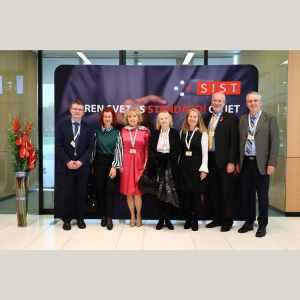
The 2nd RAST Conference, held on October 14 at the Brdo Congress Centre, once again demonstrated that standards are key to shaping a safe, quality, and sustainable future. Experts and representatives from various industries discussed how artificial intelligence and other new technologies are transforming our world and the role that international standards play in this process.

The October issue of the CEN-CENELEC newsletter 'On The Spot' is out now!

A new CEN Workshop Agreement (CWA) is currently being developed to establish guidelines aimed at enabling and optimizing data collection along textile supply chains, with the objective of improving traceability, transparency, and sustainability claims, in line with European regulations. This CWA will build upon the outcomes of the TRICK project, a research and innovation initiative funded by the Horizon 2020 program, which leverages blockchain technology to support circular economy principles and product traceability.

CEN, CENELEC and ETSI prepared a recommendation paper on Industrial Data, which was developed by the CEN-CENELEC-ETSI Coordination Group on Smart Manufacturing.
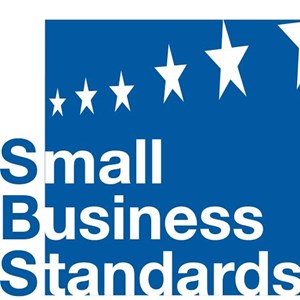
Guide 17 is an important CEN and CENELEC document that aims to raise awareness on the issues that are important to SMEs in the development of standards. For World Standards Day on 14 October 2024, CEN and CENELEC, together with SBS, the European association representing SMEs in standardization, produced a video to facilitate the participation of SMEs in standardization by promoting Guide 17.
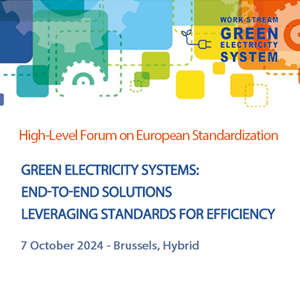
On 7 October 2024, CEN and CENELEC co-hosted an extraordinary event on Workstream 9 of the High-Level Forum on Standardization (HLF), dedicated to Green Electricity Systems. The event was co-organized together with T&D Europe, VDE and GIMELEC, and took place at the CEN and CENELEC Management Centre in Brussels. Twenty-one stakeholders from the diverse EU electrical ecosystem participated and gave an overview of the discussions they had during the WS9 sessions.
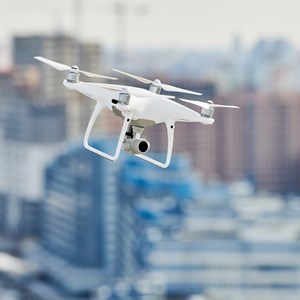
As the use of drones, or Unmanned Aircraft Systems (UAS), grows across industries, the potential for misuse and threats is also increasing, particularly in sensitive areas such as airports, prisons, and critical infrastructure. To address these risks, the new CWA 18150:2024 presents a standardized test methodology that enables a unified approach to detecting, tracking, and identifying (DTI) drones, providing essential guidelines for law enforcement agencies and industries tasked with protecting lower airspace.

The Cyber Resilience Act (CRA) aims to address the increasing cybersecurity threats faced by hardware and software products by setting essential cybersecurity requirements for manufacturers, with stricter assessments for important and critical products. The European Commission has issued a draft standardisation request to the ESOs for the development of several deliverables to support the implementation of the CRA.

This document will establish a rational basis and gives general guidelines for standardized procedures for assessing the level of biosecurity within various elements of the Farm to Fork chain.
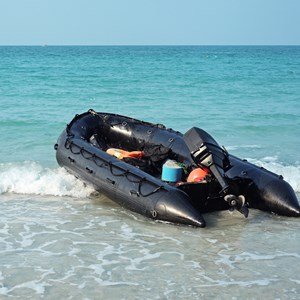
A new standard was recently published about the minimum safety characteristics for powered inflatable boats and rigid inflatable boats. The goal is to have increased safety for the different design categories of recreational crafts.